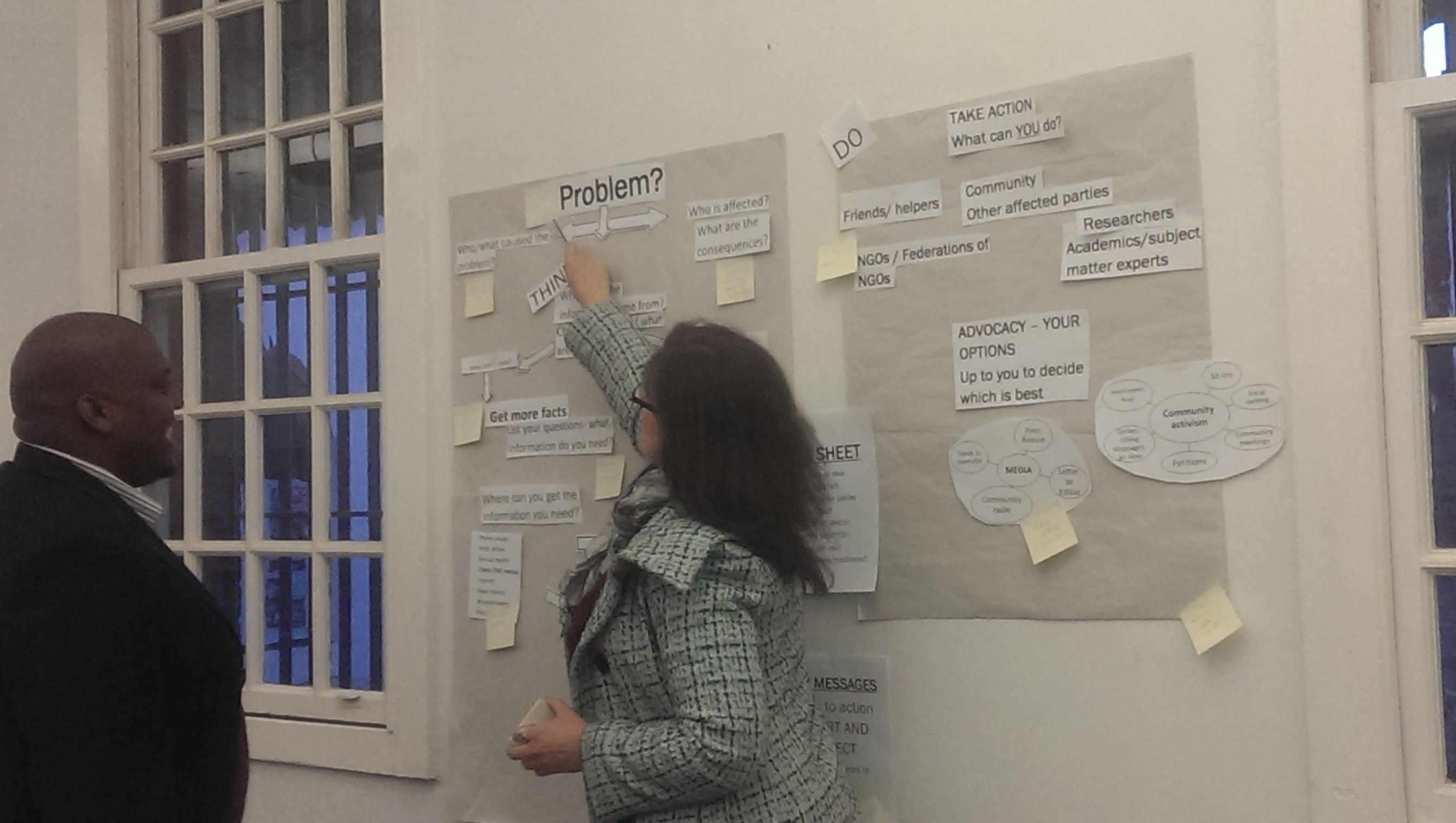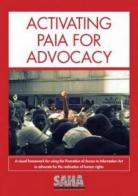|
10 December 2014
NEW FOIP RESOURCES on using PAIA
In 2014, SAHA worked with various non-governmental and community based organisations across South Africa, conducting workshops to build capacity in the understanding and utilisation of PAIA in the basic education sector.
Building on this workshop process, SAHA is pleased to announce the release of two new guides:
Accessing Information for Better Basic Education
This guide provides practical advice on making a PAIA request and examples of how PAIA can be used to advocate for the right to a basic education. The guide was developed as part of a long-term strategy, aimed at building the capacity of individuals, communities and organisations to understand and use PAIA as a strategic advocacy tool in their areas of expertise.
This guide is intended to assist non-government and community-based organisations in incorporating PAIA into broader advocacy strategies aimed at ensuring the realisation of various human rights. It provides a visual framework that identifies and sets out five inter-connected parts to developing an advocacy strategy, namely:
- Identifying the people that need to be involved in the advocacy;
- Thinking through the causes and effects of a problem;
- Seeking information about the problem, with PAIA highlighted as one of the key tools available when information cannot be quickly, cheaply and easily accessed;
- Talking through possible solutions to the problem; and
- Taking action to ensure implementation of the preferred solution.

The guide also includes this framework in the form of a text-based questionnaire designed to assist communities with identifying their information needs. A Visual Framework poster has also been developed and can be used as a visual aid, together with the guide, when developing an advocacy strategy.
Both guides and the poster join SAHA’s suite of FOIP resources in the publications section of the SAHA website and are all available for download free of charge. These tools can be accessed by anyone interested in developing an advocacy strategy aimed at realising their rights or the rights of their community.
SAHA thanks the Open Society Foundation for South Africa and Atlantic Philanthropies for their generous support in the development of these resources. |








